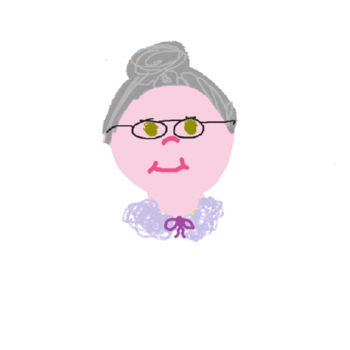What is the difference between a noun clause and a noun phrase?
2 Answers
A phrase is a collection of words that may have nouns or verbals, but it does not have a subject doing a verb.
A clause is a collection of words that has a subject that is actively doing a verb.
Explanation:
Examples are here:
https://web.cn.edu/kwheeler/gram_clauses_n_phrases.html
A clause is a group of words that has a subject and a verb.
A phrase is a group of words that functions as a unit in a sentence.
Explanation:
A noun clause can be an independent clause a complete thought that stands on its own as a complete sentence, or a dependent clause that is not a complete thought that is part of a sentence that includes an independent clause. Example:
-- The movie is on TV tonight. (independent clause)
-- That I like (dependent clause, it has a subject "I" and a verb "like" but is not a complete sentence)
"The movie that I like is on TV tonight."
A compound sentence is made up of two or more independent clauses. Example:
"We wanted to make cookies but we didn't have any sugar."
A noun phrase is a group of words based on a noun or a pronoun that functions as a unit as the subject of a sentence or a clause and as the object of a verb or a preposition. Examples:
"The board meeting is at two."
"She played a very difficult piece on the piano."
"I brought one of my mother's homemade pies.
"My mother's homemade pies are delicious."
Technically, the noun "two" in the first sentence, the pronoun "she" in the second sentence, and the pronoun "I" and the noun "one" in the third sentence are also considered noun phrases. A noun phrase can be one word, but that seems a bit silly to me.


